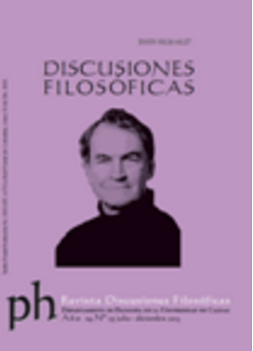Authors
Abstract
The relationship between expert knowledge and the form of trials is examined. For the most part, trials are educational events in which the investigator is expected to comprehend, process, and deliberate on the evidence, and as a result to reach rational conclusions. This process reflects the fundamental importance of factual accuracy at trial, without which rights and obligations are essentially meaningless. Expert evidence often involves a deferential rather than an educational mode of proceeding and to that extent can be in opposition to the normal aspirations of trials. The rationale of this development is discussed, and so are its consequences. The alternative advanced is that all evidence should be presented in an educational mode if the aspirations of trials are to be realized. If evidence cannot be presented in such a way, then the matter to which the evidence is pertinent cannot plausibly be litigated in accordance with the normal aspirations of trials.
References
---. “Factual ambiguity and a theory of Evidence.” Northwestern University Law Review. 1994. 604-640. Print.
---. “Expertise and the Daubert decision.” Journal of Criminal Law and Criminology. 1994. 1157-1175. Print.
---. “Artificial intelligence and the evidential process: The challenges of formalism and computation.” Artificial Intelligence & Law. 2001. 99-114. Print.
Allen, Ronald and Joseph S. Miller. “The Common Law theory of experts: Deference or education.” University of Georgia Law. 1993. 1131-1147. Print.
Allen, Ronald, Kuhns, Richard, Swift, Eleanor and David S. Schwartz. Evidence: Text, cases and problems. New York: Aspen Publishers, 2011. Print.
Burns, Robert P. A Theory of the Trial. Princeton: Princeton University Press, 2001. Print.
Cheng, Edward and Albert Yoon. “Does Frye or Daubert Matter? A Study of Scientific Admissibility Standards.” Virginia Law Review. Apr. 2005: 471-513. Print.
Edmond, Gary. “Is reliability sufficient? The Law Commission and expert evidence in international and interdisciplinary perspective (Part 1).” The International Journal of Evidence of Proof. 2012. 30-65. Print.
Green, Thomas. Verdict according to Conscience: Perspectives on the English Criminal Trial Jury. Chicago and London: University of Chicago Press, 1985. Print.
Jackson, John and Sarah J. Summers. The Internationalisation of Criminal Evidence. Cambridge: Cambridge University Press, 2012. Print.
Mueller, Christopher and Laird C. Kirkpatrick. Evidence. New York: Aspen Publishers, 2009. Print.
Polya, George. Mathematics and Plausible Reasoning: Patterns of Plausible Inference. Princeton: Princeton University Press, 1990. Print.
Walton, Douglas. Legal Argumentation and Evidence. Pennsylvania: Penn State University Press, 2002. Print.

 PDF (Español)
PDF (Español)
 FLIP
FLIP

























